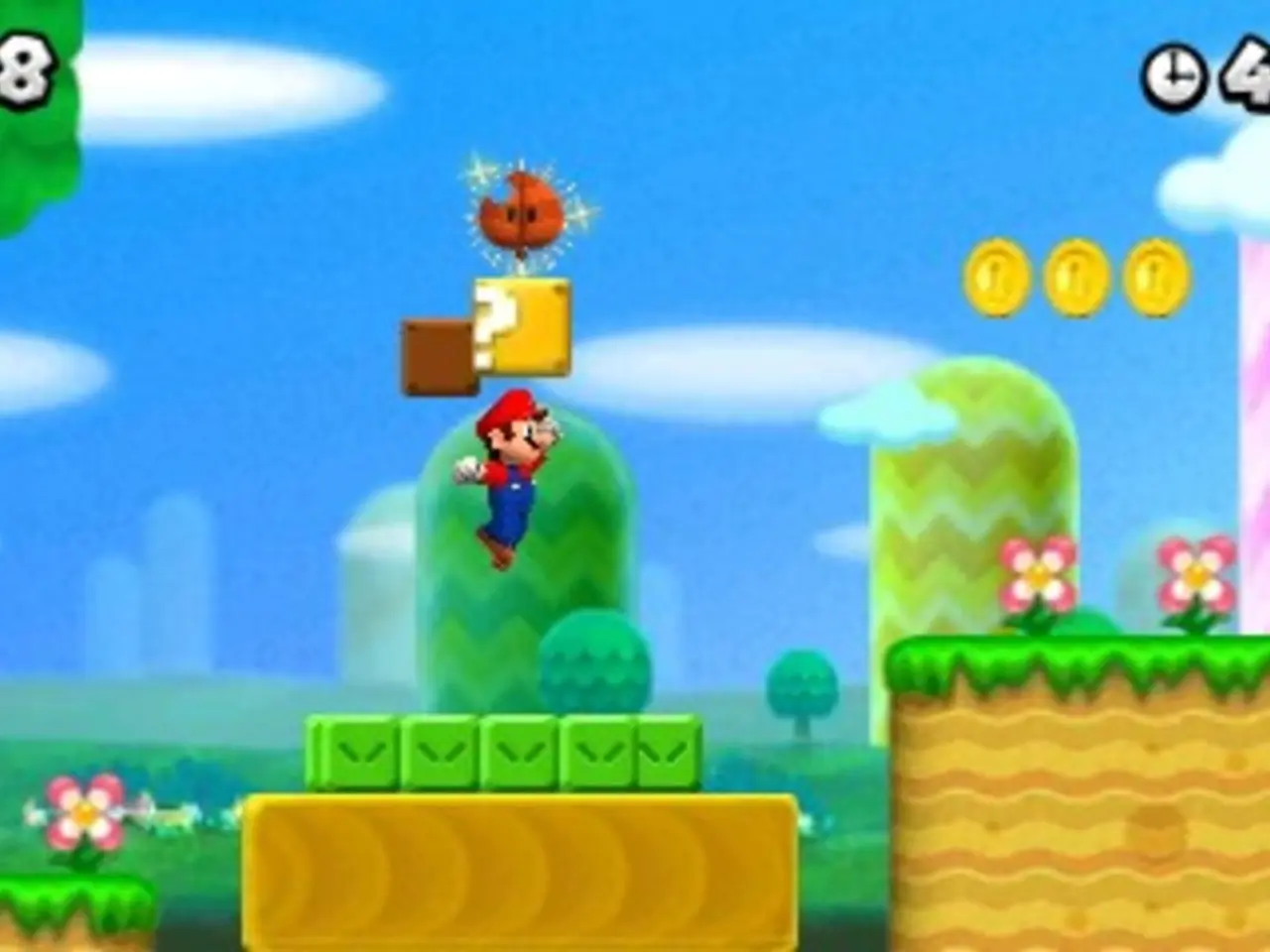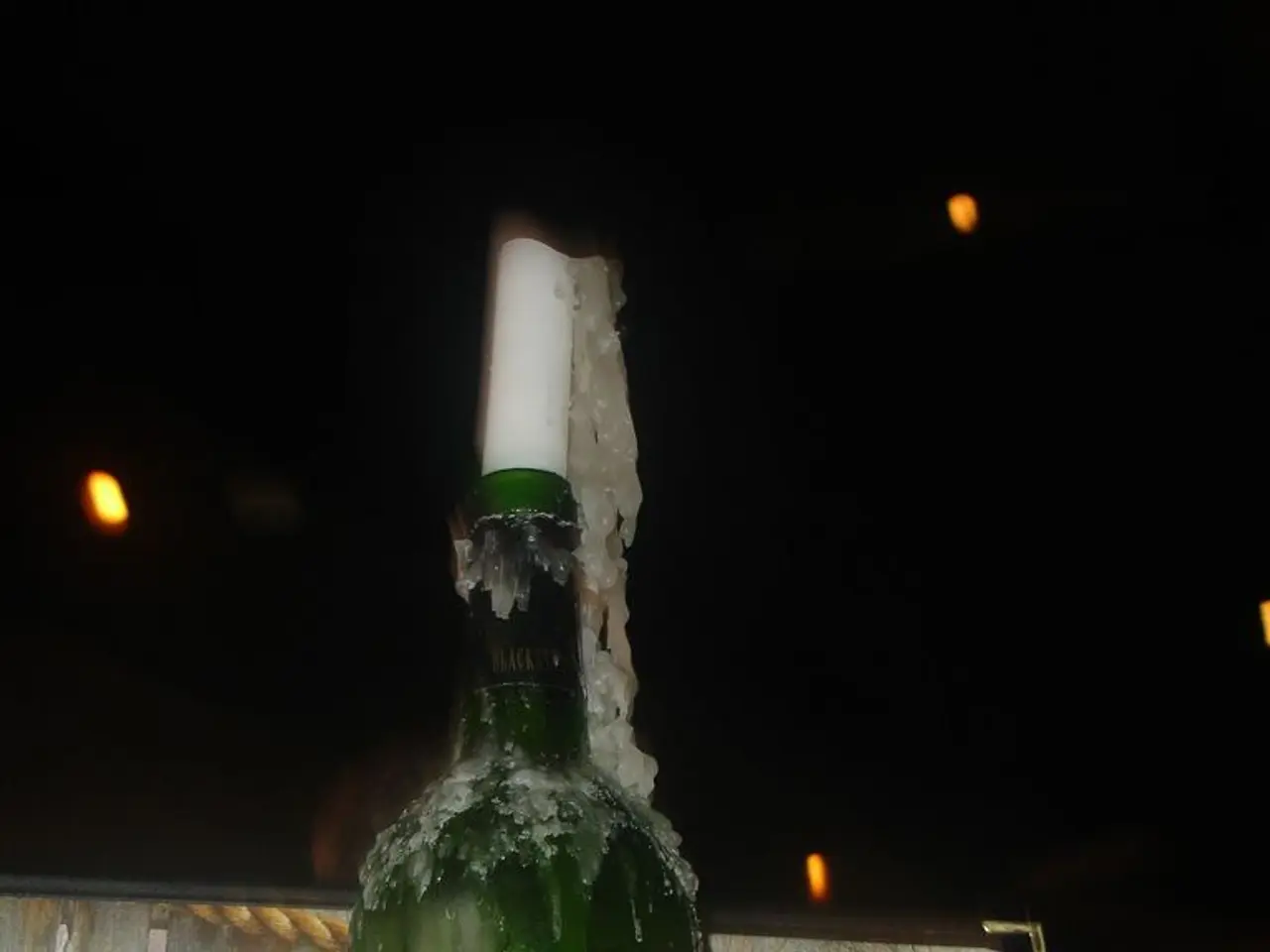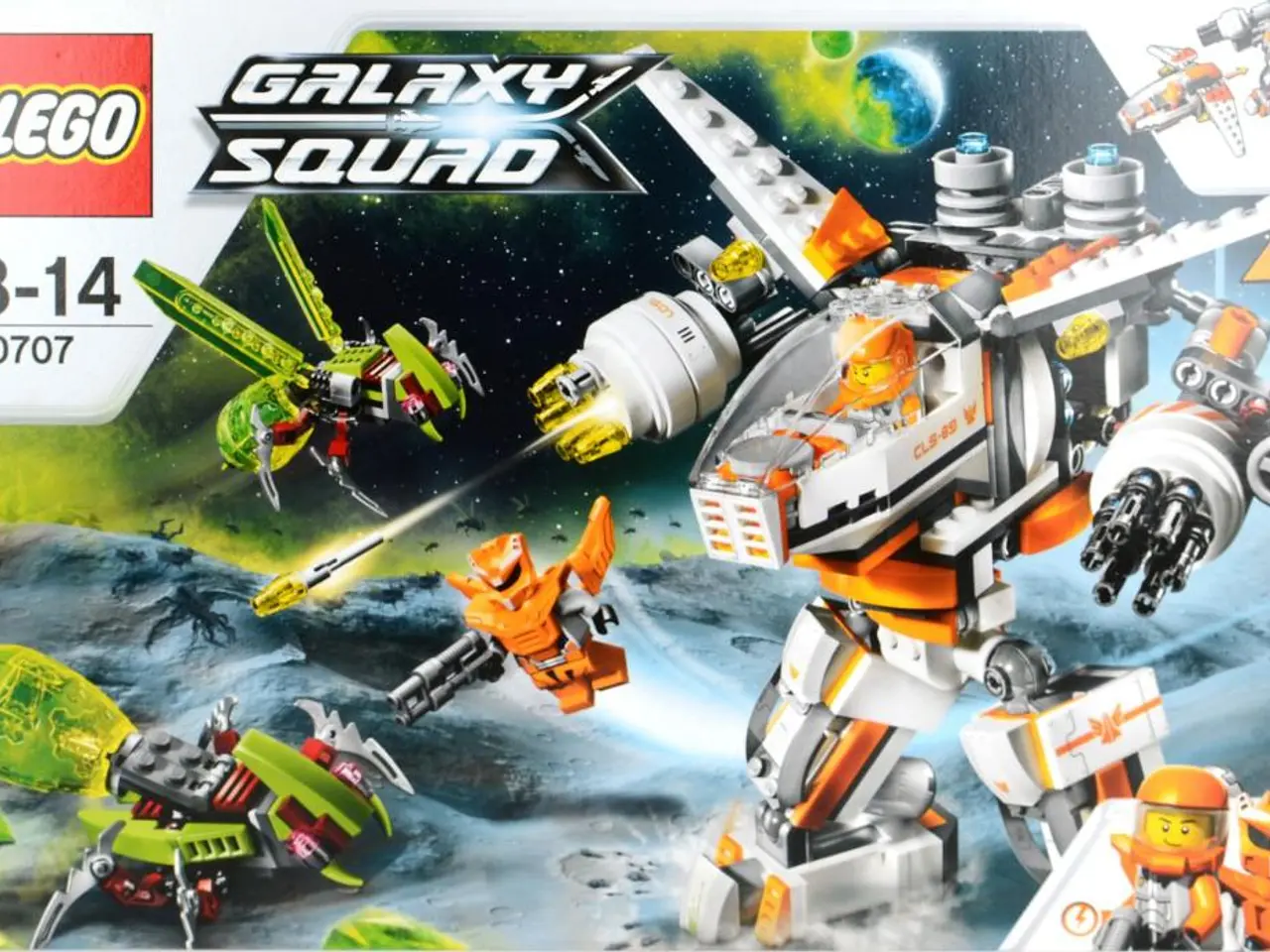Sony Faces Court Over Accusations of Deceptive Software Practices
The recent legal battle between Sony and cheat software developers for the PlayStation Portable (PSP) has come to an end, with the German Federal Court of Justice (BGH) dismissing Sony's appeal. This ruling, which aligns with the European Union's interpretation, has significant implications for the use and regulation of cheat software in the gaming industry.
The dispute began in 2012 when Sony sued Datel, a cheat tool maker for the PSP, which was discontinued in 2014. The case, Az. I ZR 157/21, was initially ruled in favor of the cheat software developers by the Higher Regional Court of Hamburg. Sony appealed this decision, but the BGH has now upheld the lower court's ruling, confirming that cheat tools do not infringe copyright.
The BGH's decision is based on the European Court of Justice (ECJ) ruling from October 2024. The ECJ stated that so-called cheat software does not fundamentally violate copyright as long as the altered data does not aim to copy the program. In this case, the cheat software temporarily alters data in the memory of the gaming console, simulating a state that could occur in regular gameplay.
The cheat software in question allowed players to use unlimited turbo or choose drivers not available at a lower score. However, it did not modify the source code or object code of the game, only altering the data in the working memory, thereby affecting game flow without changing the game’s programming itself.
This ruling is in line with Section 69c No. 2 of the German Copyright Act and the corresponding EU directive, which protect against "translation, adaptation, arrangement, or other alteration" of computer programs, but do not cover alterations to runtime data and game behavior.
Despite the BGH's decision, it is important to note that this ruling only applies to cheat software that does not infringe copyright. Other ongoing legal concerns in the gaming industry, such as those involving publishers like Activision-Blizzard or issues with hardware licensing and anti-consumer practices, are separate from this copyright question and follow different legal arguments.
In summary, the BGH's ruling effectively allows cheat software for consoles like the PSP to continue without constituting a violation of copyright under existing law. This decision could have far-reaching implications for the gaming industry, potentially leading to a more flexible approach to game modification and cheating software.
[1] "BGH: Cheatsoftware für PlayStation Portable nicht Urheberrechtsverletzung" (German), Heise Online, 2025-03-01, https://www.heise.de/newsticker/meldung/BGH-Cheatsoftware-fuer-PlayStation-Portable-nicht-Urheberrechtsverletzung-4785314.html
[2] "BGH bestätigt: Cheatsoftware für PlayStation Portable nicht Urheberrechtsverletzung" (German), Spiegel Online, 2025-03-01, https://www.spiegel.de/technik/spiele/bgh-bestaetigt-cheatsoftware-fuer-playstation-portable-nicht-urheberrechtsverletzung-a-126828781.html
[3] "Activision-Blizzard faces lawsuit over allegations of sexual harassment and discrimination" (English), Polygon, 2021-07-20, https://www.polygon.com/2021/7/20/22584767/activision-blizzard-lawsuit-sexual-harassment-discrimination
[4] "Sony faces backlash over controversial digital rights management practices" (English), The Verge, 2020-06-01, https://www.theverge.com/2020/6/1/21278531/sony-ps5-digital-rights-management-controversy-backlash
- The recent ruling by the German Federal Court of Justice (BGH) has clarified that cheat software for consoles like the PlayStation Portable (PSP) does not infringe copyright, as long as the altered data does not aim to copy the program.
- This decision in the ongoing legal battle between Sony and cheat software developers could lead to a more flexible approach to game modification and cheating software in the gaming industry.




